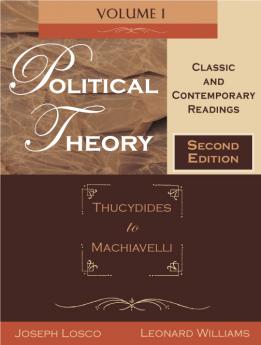Related Topics
Improving Our Political System
Republics and their Flaws
Academia (2)
continued.
Literary Philadelphia
Literary
On Writing History
History doesn't write itself.
History Writing and History Teaching
The conventional pattern of testing history students sounds a lot like the pattern of writing history. Daily or weekly quizzes, followed by tests at the end of subject material, followed in turn by final examinations of a whole course; it all sounds like blogs for events, chapters for topics, and books for an overall subject, as we have earlier proposed as the pattern for publishing history. It would probably be an endless argument as to whether teaching is patterned after authorship or the other way around since nowadays most books of history are written by professors who are paid to teach. Furthermore, every lecturer quickly learns how organizing a lecture and responding to questions will sharpen the insights of authorship. Those who pursue two trades simultaneously will usually adopt similar patterns for both, regardless of which is the primary source of income.
There is one difference, however. Ever since von Ranke made footnotes and primary source material the essential hallmarks of historical scholarship, academic history has acquired a certain rigor which talking to an audience of late teenagers does not encourage, may even discourage. Professors with long hair and blue jeans are attempting to merge with the audience, and those who promote them are wise to withhold tenure until it is established that standards are being met, particularly in grade inflation. There is even an undercurrent to the repeated complaint that publication is being overvalued by comparison with teaching skill. In an unmonitored classroom, it can be difficult to know whether presentations are politically neutral, fact-based and restrained. Publications and citations can at least be judged by those standards. But that may be the least of it.

|
| Thucydides and Machiavelli |
History to a large extent is based on secondary and tertiary sources, and what the student retains is a summation of filtered interpretations. From what the students learn, the culture learns, possibly filtered again by graduates who have become columnists and anchormen. Professors are a vital link in society's chain of opinion formation, eventually reaching the politician who raises his hand to vote in a legislative body. Whether that politician is responding to the myth of George Washington and the cherry tree or to the generalizations of Thucydides and Machiavelli -- makes a difference, even though George Washington makes a better role model than Machiavelli. The point is that academic lectures cannot easily employ footnotes to primary sources, as secondary sources regularly are expected to do. And they are only one example of several sources of community opinion which could profit from lessening the doubts of their critics.
REFERENCES
| Political Theory Classic and Contemporary Readings, Vol. 1: Thucydides to Machiavelli: Joseph Losco (Editor), Leonard A. Williams (Editor): ISBN: 978-1891487910 | Amazon |
Originally published: Saturday, February 02, 2013; most-recently modified: Tuesday, May 21, 2019